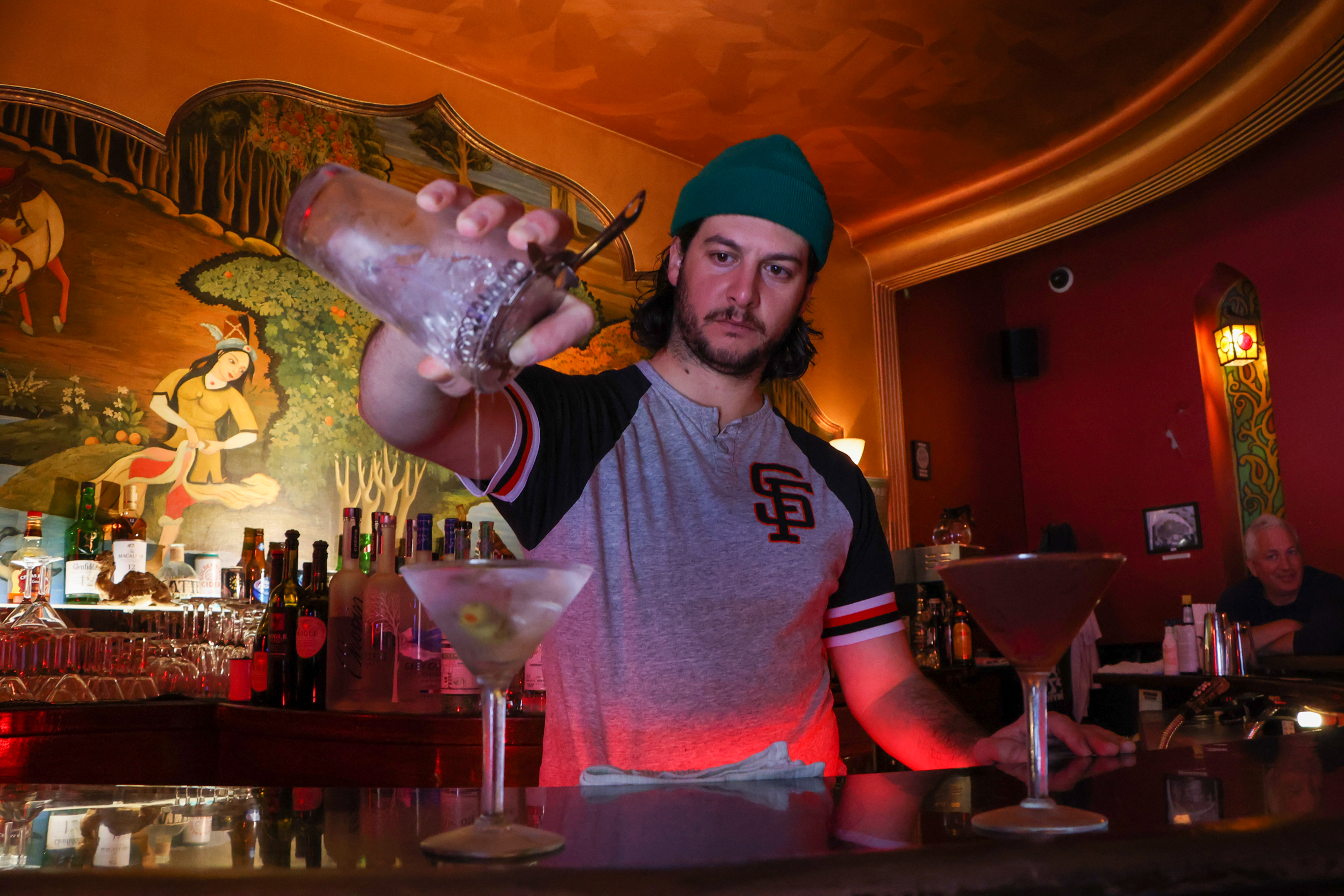Pour one out for a bill to keep the party going. By all appearances, SB 930 is dead.
The bill—authored by state Sen. Scott Wiener and Assemblymember Matt Haney, both of whom represent San Francisco—would have created a pilot program to allow bars in the city, Palm Springs and West Hollywood to stay open past 2 a.m.
As of Wednesday evening, SB 930 was sitting in the state Assembly’s dreaded “on call” pile, with just 28 votes in support and 29 against. It needs 41 votes to pass out of the Assembly.
The bill is now in limbo with just a week left in the legislative session. Wiener and Haney released a joint statement expressing dismay with opposition arguments they say were made in bad faith.
“We are disappointed that SB 930 came up short on votes today on the Assembly floor after a series of misleading speeches by members representing areas that would not have been impacted by the bill,” they said. “We are assessing whether there is a path to pass the bill off the Assembly floor.”
Throughout the legislative process, SB 930 was scaled back to address the concerns of colleagues—from how late bars should remain open during weekdays (the bill was modified to allow a last call of 3 a.m. on weekdays) to the number of cities that would be included in the pilot program. In the end, the bill would have applied to just San Francisco, Palm Springs and West Hollywood—all of which have vibrant LGBTQ+ communities—instead of seven cities across the state.
The authors of SB 930 said the goal is to increase tax revenue and tourism for the pilot cities while also revitalizing business districts that were among the first to close during the pandemic and among the last to reopen. It’s currently a misdemeanor for bars and other businesses in California to sell, give or deliver alcohol between 2 and 6 a.m, but at least 15 states across the country allow this in some fashion.
Some critics of the bill said they feared a later last call would lead to greater disturbances, from public intoxication to drunken driving. But both Wiener and Haney suggested a later last call—one in which only some bars choose to remain open until 4 a.m.—would reduce the burden on public transit and public safety agencies in dealing with a glut of people all pouring out of bars and onto the streets at the same time.
SB 930 would have allowed the three pilot cities to begin the licensing process for bars interested in staying open later, and that process would have included a lengthy set of tasks, such as conducting outreach to the surrounding neighborhoods and creating public safety and transportation plans. The state Department of Alcoholic Beverage Control (ABC) would be involved throughout this process and residents and agencies would have been able to file protests in the event that a bar’s later hours presented conflicts.
In a Twitter Spaces chat with The Standard earlier this month, Wiener noted that the entire licensing process would likely mean the first California bar to remain open until 4 a.m. wouldn’t occur until 2025.
Of course, this isn’t the first time a late-night bar bill has stumbled on the home stretch. Similar legislative proposals have been introduced multiple times over the years, and most recently former Gov. Jerry Brown vetoed a previous attempt from Wiener in 2018.
The likely death of SB 930 comes as yet another setback for the San Francisco senator in a week in which he also saw Gov. Gavin Newsom veto his safe-injection site bill.
